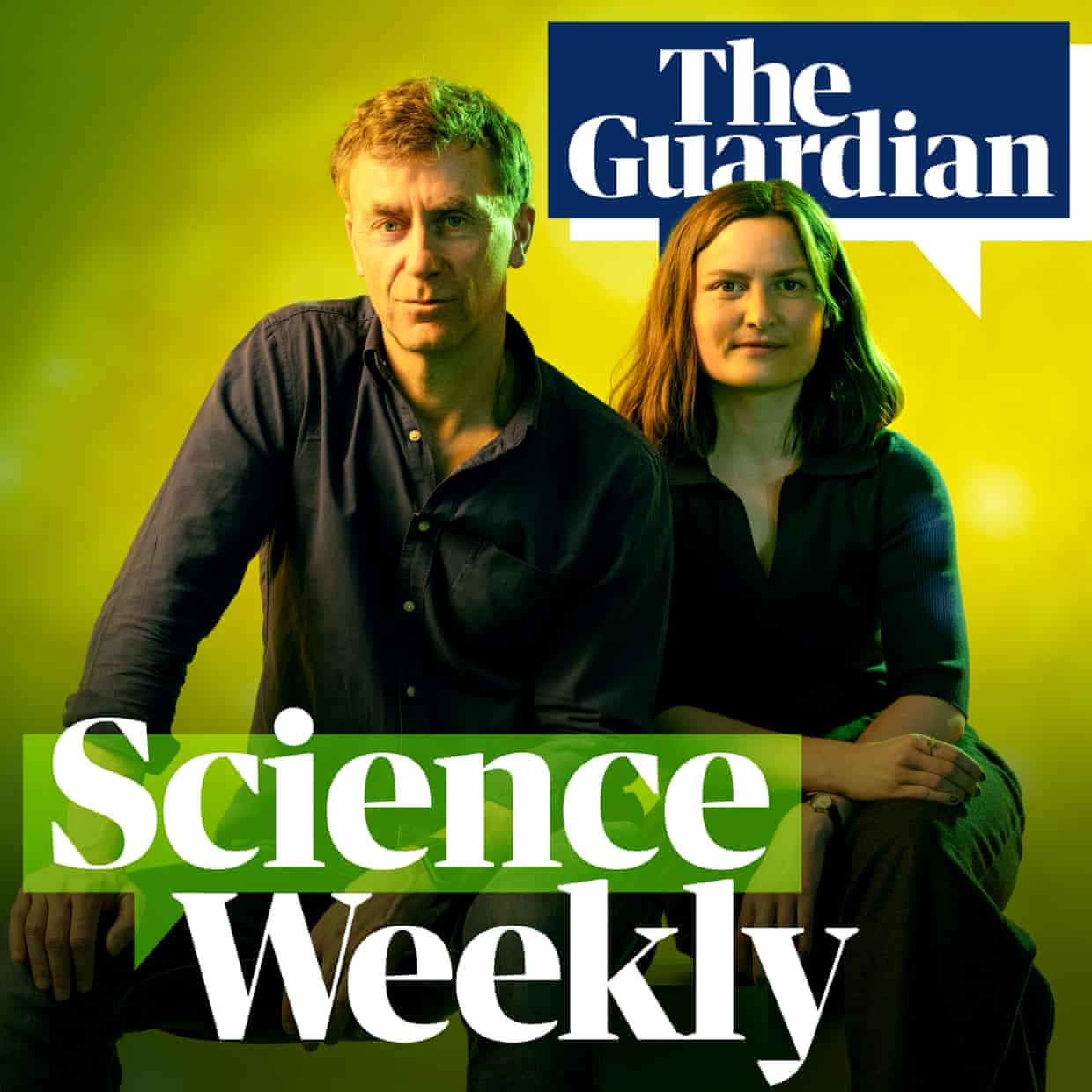Science
Unmasking Deception: Insights from New Podcast on Lying

A new podcast from the BBC explores the intricacies of deception, providing listeners with insight into how to identify a liar. The episode, part of a broader series on human behavior, features expert commentary and research findings, making it a compelling listen for anyone interested in psychology.
The podcast includes contributions from Dr. Rachael O’Neill, a researcher at the University of Cambridge, who explains the psychological mechanisms behind lying. She emphasizes that understanding the signs of deception can significantly impact personal and professional relationships.
Listeners will learn about various behavioral cues often associated with dishonesty. For instance, changes in voice pitch, inconsistent body language, and overly detailed accounts are red flags that may indicate someone is not being truthful. Dr. O’Neill provides real-life examples, illustrating how these indicators manifest in everyday situations.
In addition to behavioral cues, the episode delves into the cognitive processes involved in lying. According to psychological research, lying requires more mental effort than telling the truth. This is because liars must construct a false narrative while simultaneously keeping track of the truth. The podcast highlights studies that support this claim, showcasing how stress and cognitive load can affect a person’s ability to maintain their deception.
For those looking to develop their skills in spotting dishonesty, the podcast offers practical tips. Dr. O’Neill suggests focusing on inconsistencies in a person’s story and observing their emotional responses. She notes that while some people may be naturally better at lying, others may struggle, leading to observable signs of discomfort.
The episode also addresses the ethical implications of lying in various contexts, including personal relationships and professional environments. The discussion encourages listeners to consider the motivations behind deception and the potential consequences of being caught in a lie.
Listeners can access the full episode through platforms like The Guardian and the BBC’s own podcast channel. The insights provided by Dr. O’Neill and other experts make this episode a valuable resource for anyone interested in understanding human behavior at a deeper level.
This exploration of deception not only sheds light on the mechanics of lying but also invites reflection on our own experiences with truth and trust. With the prevalence of misinformation in today’s society, the ability to discern truth from falsehood has never been more critical.
The podcast represents a significant contribution to the field of psychological research and public understanding. As people navigate complex social interactions, the findings shared in this episode could prove invaluable.
-

 Technology4 months ago
Technology4 months agoDiscover the Top 10 Calorie Counting Apps of 2025
-

 Health2 months ago
Health2 months agoBella Hadid Shares Health Update After Treatment for Lyme Disease
-

 Health3 months ago
Health3 months agoErin Bates Shares Recovery Update Following Sepsis Complications
-

 Technology3 weeks ago
Technology3 weeks agoDiscover 2025’s Top GPUs for Exceptional 4K Gaming Performance
-

 Technology2 months ago
Technology2 months agoElectric Moto Influencer Surronster Arrested in Tijuana
-

 Technology4 months ago
Technology4 months agoDiscover How to Reverse Image Search Using ChatGPT Effortlessly
-

 Technology4 months ago
Technology4 months agoMeta Initiates $60B AI Data Center Expansion, Starting in Ohio
-

 Technology4 months ago
Technology4 months agoRecovering a Suspended TikTok Account: A Step-by-Step Guide
-

 Health4 months ago
Health4 months agoTested: Rab Firewall Mountain Jacket Survives Harsh Conditions
-

 Lifestyle4 months ago
Lifestyle4 months agoBelton Family Reunites After Daughter Survives Hill Country Floods
-

 Technology3 months ago
Technology3 months agoUncovering the Top Five Most Challenging Motorcycles to Ride
-

 Technology4 weeks ago
Technology4 weeks agoDiscover the Best Wireless Earbuds for Every Lifestyle





















